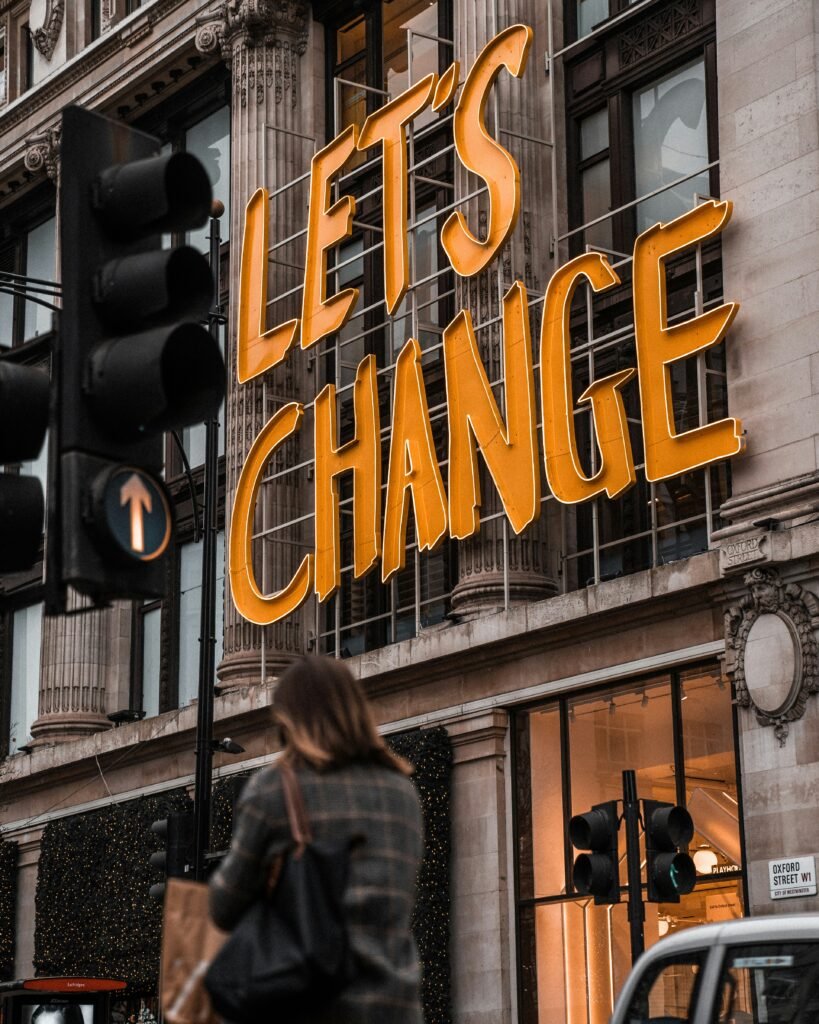Cultural Habits I Had to Change Fast After Moving Abroad
Cultural Habits To Change Moving Abroad – Must-Know Lessons
Cultural Habits To Change Moving Abroad became clear to me soon after I moved to the U.S. at 13. I thought I could keep living the Indian way — same manners, same habits, same unspoken rules.
Turns out… not quite. Within weeks, I realized a few cultural habits had to change fast if I wanted daily life to feel less awkward and more natural.
1. Talking Too Loud (And Thinking It’s Normal)
In India, conversations are full of energy. You can talk across a room and no one minds — markets, buses, and family dinners are always lively.
But in the U.S., volume control is part of social etiquette. Even in crowded places, people lower their voices to respect others’ space.
I had to learn to match that quiet tone. At first it felt unnatural, but it saved me from a lot of puzzled stares.
2. Standing Too Close in Line
Back home, lines feel more like “organized crowds.” If you don’t stand close, someone might cut ahead.
In the U.S., that same closeness makes people uneasy. An arm’s length of distance is normal here — it signals respect, not disinterest.
It took a few awkward encounters to understand this invisible rule, but once I did, everything felt smoother.
3. Calling Everyone “Uncle” or “Aunty”
In India, those words mean warmth and respect.
But in the U.S., people reserve family titles for relatives. Calling someone “aunty” here can confuse them.
Now, I simply use first names or Mr./Ms. + last name depending on the setting. It still feels odd sometimes, but it’s just a different kind of respect.

4. Eating With My Hands in Public
Food tastes best when eaten by hand — that’s how I grew up.
Yet when I did it in a school cafeteria, people stared. I wasn’t embarrassed, just surprised.
So I adapted: at home, I still enjoy eating the Indian way; outside, I use utensils to blend in until I feel comfortable being myself.
5. The Famous Desi Head Bobble
The sideways nod that says “yes” back home doesn’t translate abroad. In the U.S., it usually means “no.”
After confusing more than one teacher, I trained myself to nod up-and-down for yes and side-to-side for no. It felt robotic, but communication got easier instantly.
6. Expecting Neighbors to Be Family
In India, neighbors are part of daily life — you share food, stories, and festivals.
Here, most people value privacy. You might not know the person living next door for years.
I stopped taking that personally. A smile or wave is often enough; friendship just grows slower here.
7. Saying “Come Home Anytime” (And Actually Meaning It)
In India, if you say that, people really might drop by — and someone will make tea.
In the U.S., everything is scheduled. When I invited someone casually, they asked “When exactly?” That’s when I learned — social time is planned time here.
Final Thoughts
Adjusting to life abroad isn’t only about learning new customs — it’s also about unlearning the invisible rules we grew up with. These Cultural Habits To Change Moving Abroad taught me that blending in doesn’t mean losing your identity — it just helps you connect better.
For more pre-move advice, read Top 5 Things Indians Wish They Knew Before Moving Abroad.
If you want to understand how everyday routines change abroad, my post A Day in the Life: Adjusting to Everyday Life as an NRI breaks it down.
To see how small habits help keep your identity strong, explore Indian Traditions To Keep Living Abroad.
If you want a deeper understanding of everyday etiquette, communication styles, and cultural norms, explore the Cultural Atlas Guide to American Culture and Etiquette — it’s one of the most practical resources for anyone adapting to life overseas.
Changing these habits didn’t make me less Indian. It made me more adaptable, aware, and confident in my new environment. These Cultural Habits To Change Moving Abroad truly helped me feel at home in a completely new country.





